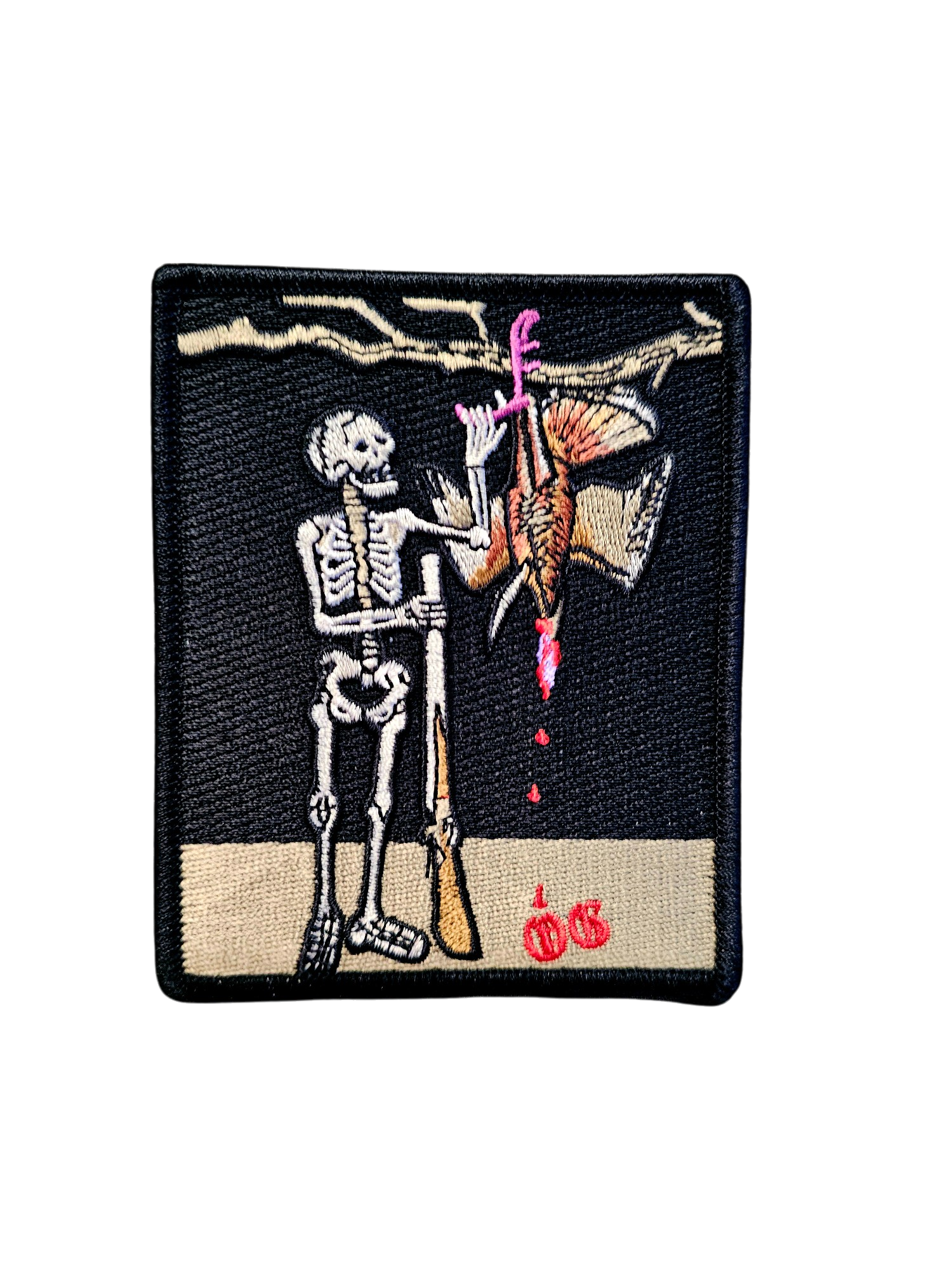        |
FUNDING CRITICAL RESEARCH IN TENNESSEEStarted by TurkeysForTomorrow, December 27, 2022, 08:59:16 AM Previous topic - Next topic
User actions
|
        |
FUNDING CRITICAL RESEARCH IN TENNESSEEStarted by TurkeysForTomorrow, December 27, 2022, 08:59:16 AM Previous topic - Next topic
User actions
|